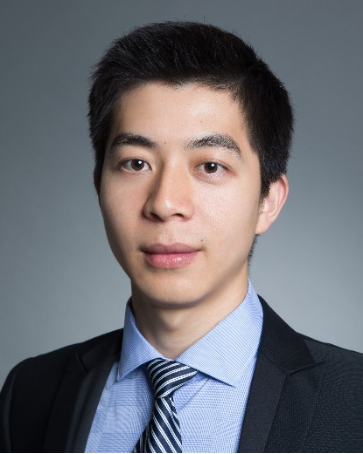
C. Q. Jiang received the B.Eng. and M.Eng. in Electrical Engineering and Automation from Wuhan University, Wuhan, China, in 2012 and 2015, respectively, and the Ph.D. degree in Electrical and Electronic Engineering from The University of Hong Kong, Hong Kong SAR, China, in 2019.
He is currently an Assistant Professor with the Department of Electrical Engineering, faculty member in the State Key Laboratory of Terahertz and Millimeter Waves, City University of Hong Kong, Hong Kong SAR, China. From 2019 to 2021, he was a Postdoctoral Research Associate at the University of Cambridge, U.K. Also, he is affiliated with Clare Hall, University of Cambridge since 2021. In 2019, he was a Visiting Researcher at the Nanyang Technological University, Singapore. His research interests include power electronics, wireless power transfer, electric machines and drives, and electric vehicle (EV) technologies.
Dr. Jiang was the recipient of Winner, CAPE Acorn Blue Sky Research Award at the University of Cambridge, Gold Medal in 3rd Asia Exhibition of Innovations and Inventions, Silver Award and Bronze Award in Shenzhen Qianhai Youth Innovation & Entrepreneurship Competition, and First Prize in the Interdisciplinary Research Competition at the University of Hong Kong.
Due to the crisis of energy and environmental pollution, electric vehicles (EVs) without any emissions are very much in demand and attractive, especially for the novel concept of a smart and green city. As a core technology of EVs, the high power charger could be further extended to wireless charging, then to enhance reliability, flexibility, and convenience. In this tutorial, the advanced design and control for wireless EV charging system will be presented. Firstly, a novel control strategy periodic energy control (PEC) in wireless power transfer (WPT) systems will be introduced to improve the energy response under varying system parameters (load and mutual inductance change), as well as suppress the overvoltage or overcurrent. Besides, a model predictive control (MPC) for a dynamic wireless charging (DWC) system to address fast output fluctuations will be discussed. This approach features a fast dynamic response, and no communication link is required. Furthermore, a new magnetic core design will be presented for the 22 kW wireless EV charger with a double D polarized pad. The new laminated Nanocrystalline ribbon core can help to enhance the magnetic saturation point, reduce the core loss, improve the thermal robustness, and compact the system size.